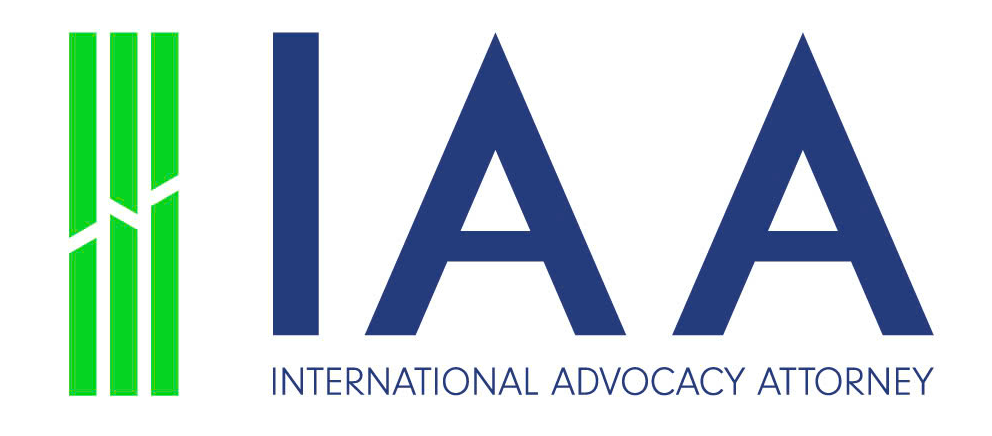The Vietnamese Ministry of Construction is actively taking steps and proposing the abolition of construction permits for individual houses in areas where detailed 1/500 scale master plans have been approved. This initiative is part of an effort to streamline administrative procedures and create more favorable conditions for both citizens and businesses.
Here are the main updates regarding this proposal:
I. Core Objectives
1. Reduce administrative burden: Currently, obtaining a construction permit is still a bottleneck that causes delays and can lead to informal costs for citizens.
2. Save time and money: People will no longer have to wait for months to build on their own land, thereby reducing associated procedural costs.
3. Combat negativity and harassment: By eliminating the “ask-and-grant” mechanism, it aims to curb situations where public officials cause difficulties or demand bribes.
4. Promote administrative reform: This is seen as an institutional breakthrough in construction investment, increasing transparency and encouraging businesses to be more proactive.
II. Applicable Scope
1. Individual houses of citizens: Especially those located in areas where detailed 1/500 scale master plans have been approved.
2. Projects in areas where urban design has been approved.
III. Basis for Replacing Construction Permits
Instead of applying for a construction permit, the plan is to transition to a system of construction registration or commencement of construction notification. Individuals and consulting units will rely on:
1. Detailed 1/500 scale master plans: This will serve as the primary legal basis for design and construction in compliance with standards.
2. Architectural management regulations: Ensuring that structures fit into the overall urban aesthetic.
3. Standardized registration dossier forms: Issued by the People’s Committee of the commune/ward, these may include pre-approved architectural forms for various types of buildings, simplifying the submission process, even allowing for online submission.
IV. Roadmap and Issues to Address
The Ministry of Construction is currently compiling and evaluating feedback from localities to promptly amend legal regulations. However, the abolition needs to be carefully assessed to ensure a balance between citizens’ rights and management requirements, without negatively impacting the community.
Several issues need to be resolved for the abolition of construction permits to be feasible, including:
1. Completion of 1/500 detailed master plans: Many residential areas currently lack comprehensive detailed master plans, which could lead to disputes if individual house construction permits are abolished.
2. Strengthening post-construction inspection and supervision: Ensuring that construction projects comply with plans and standards after permits are no longer required.
3. Developing clear mechanisms for handling violations: Preventing illegal or unauthorized construction once the “permit hurdle” is removed.
V. Potential Impact
The abolition of construction permits is expected to bring numerous benefits, easing the burden on citizens and businesses, and fostering a more open investment and business environment. Simultaneously, it presents an opportunity to enhance the management capacity of state agencies by shifting from pre-inspection to more effective post-inspection.


